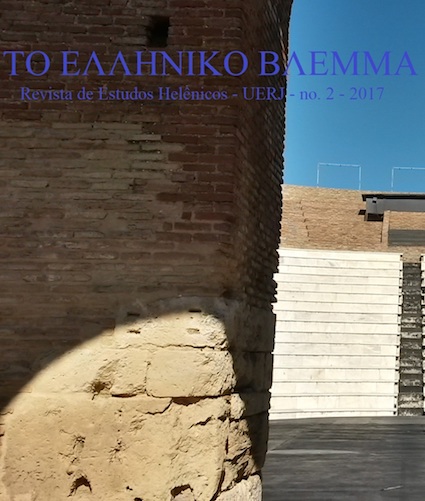The Scents of the Child, Memory and Children’s Books: Alternative perspectives in culture and teaching methodology
DOI:
https://doi.org/10.12957/ellinikovlemma.2017.31513Resumen
This study reflects on theories and practices of scented/smelly books as a fact which could give new perspectives in writing for children and creating children’s books. This impact can be an alternative methodological tool for children’s learning at school. Smell has very high retention rate in the learning process that influences the memory of a story and the impact to children’s imagination and experience in the world around. This forgotten value at school textbooks can be re-examined from specialists. Scented books as a teaching strategy and a methodological tool reveal how children can represent memories and express themselves effectively in a language class with the help of using smelly books. In our study, we expected children to remember the main or essential points as a bottom-line of story plots when scents were involved between the child and the book. Perfume literacy in children’s book and the e-book industry refer as theoretical components in our study and are described in detail. It is true that civilization has cost people a valuable sense. A nose alphabet could also arrange things in different perspectives for young children.
Key words: Scented children's Books, Teaching, Language

